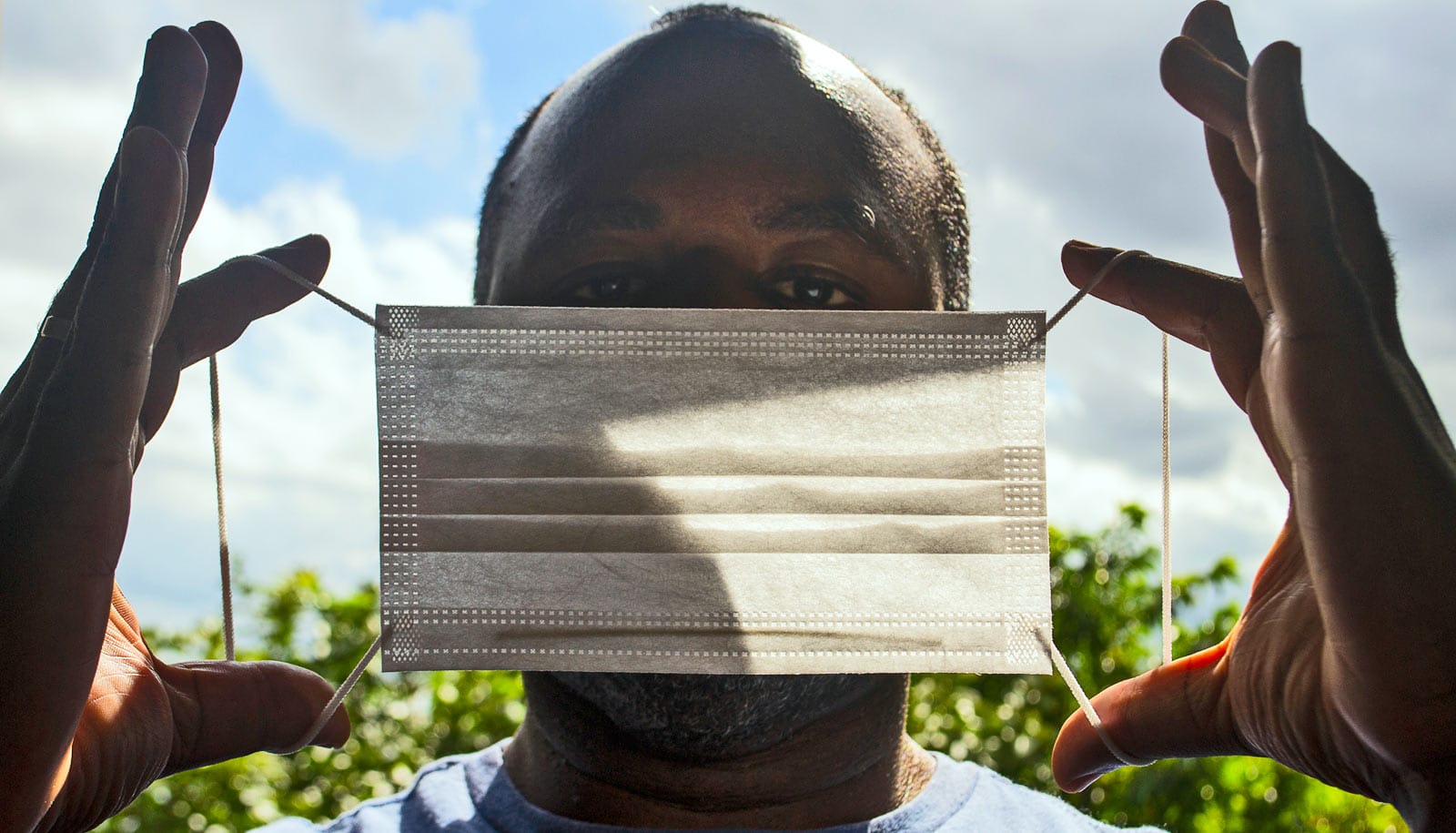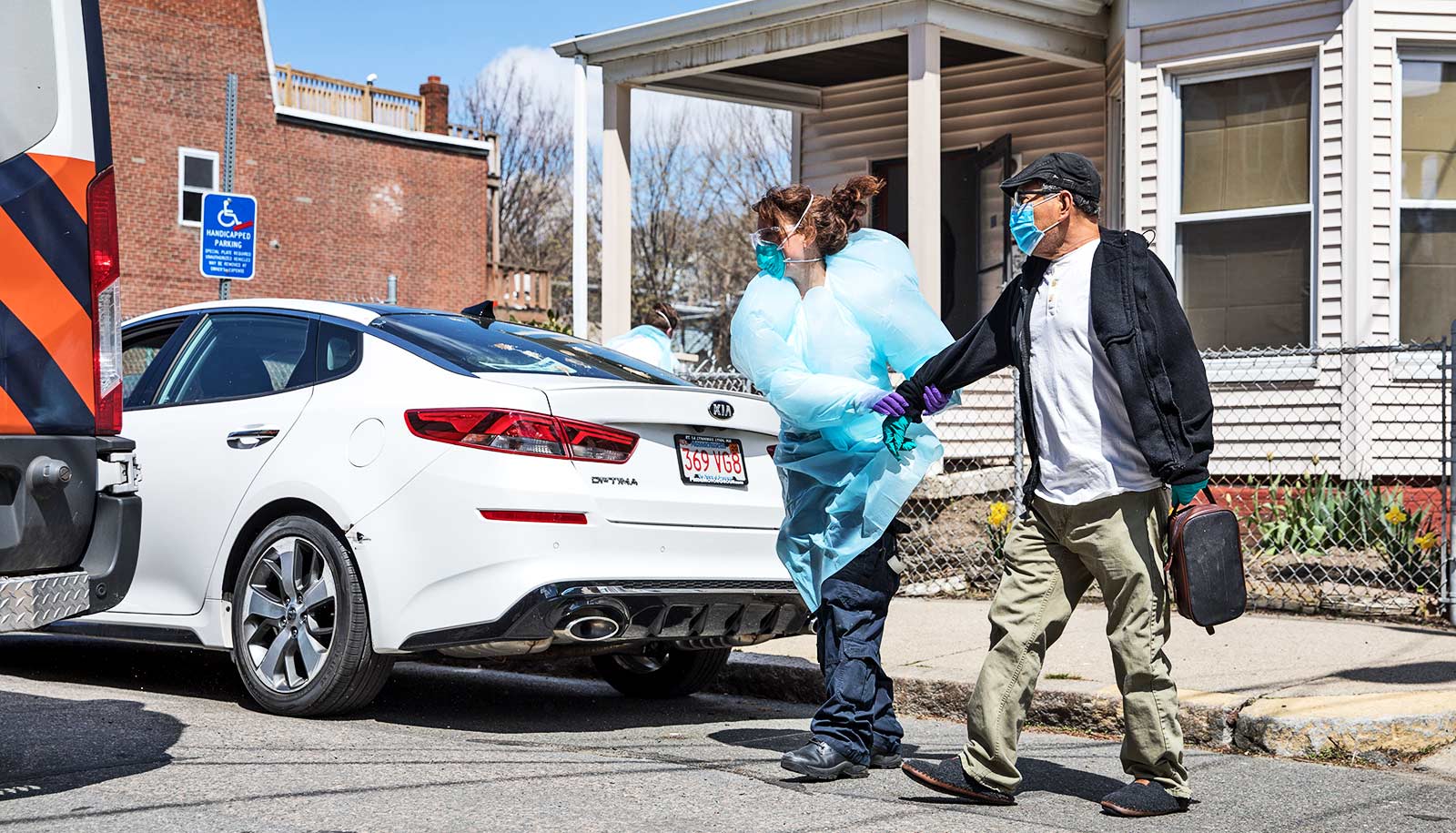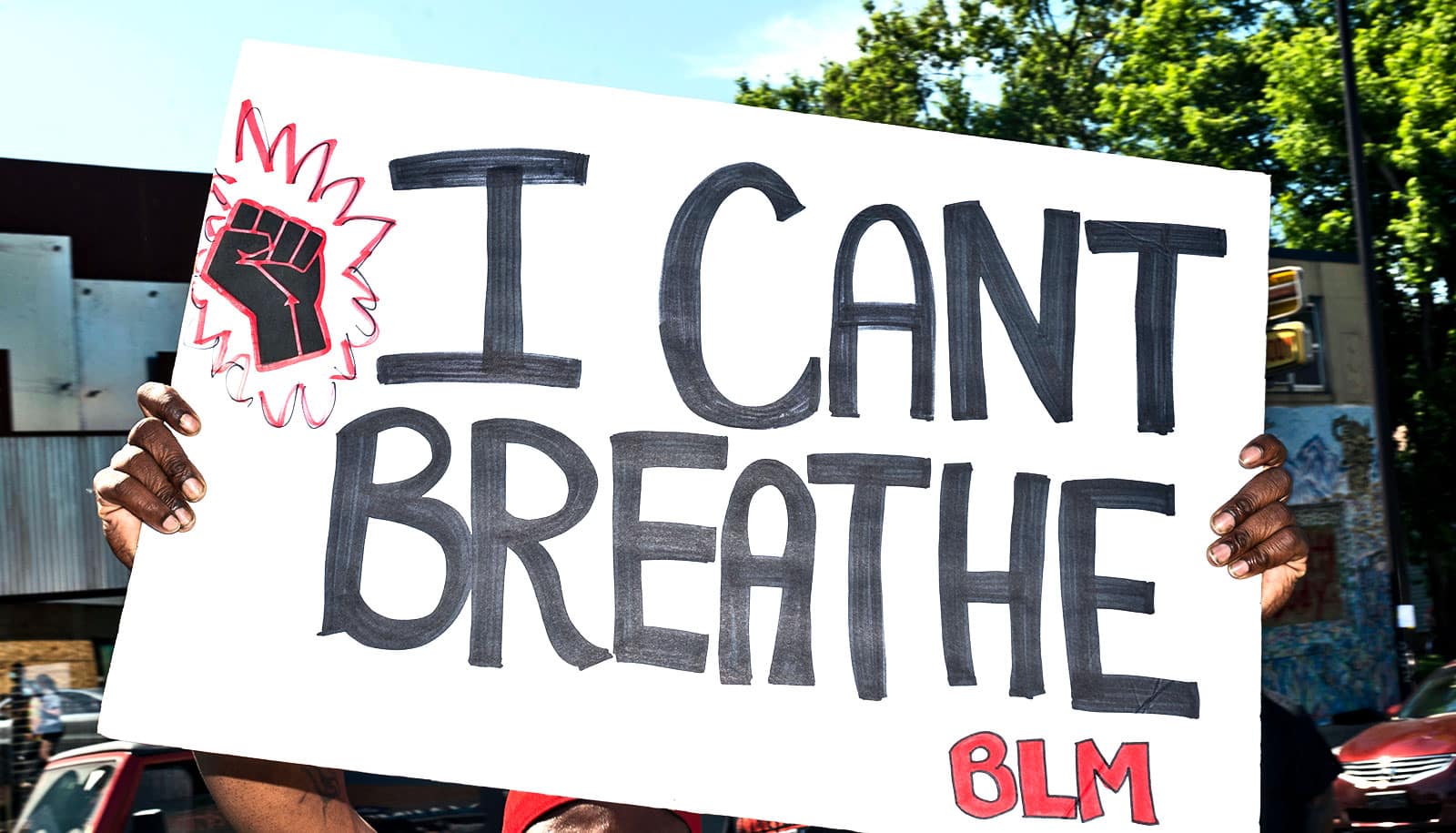Researchers call for correcting traditional underrepresentation of minority communities in research studies.
Evidence is mounting that COVID-19 disproportionately claims the lives of people from minority communities, particularly African Americans.
In their recent paper in The Lancet researchers say investigators must factor in participants’ ethnicities when designing and reporting research including clinical trials, just as they do with age and gender.
Previous studies have shown that racial and ethnic minorities in the United States are inadequately represented in many research projects despite a higher likelihood of their being affected by the conditions under investigation.
Researchers say the same appears to be true for the new coronavirus and point out that of the approximately 1,500 COVID-19 studies registered on the National Institutes of Health-run clinicaltrials.gov, only a handful currently report collecting data on ethnicity.
National data shows that COVID-19 deaths among African Americans are nearly two or more times greater than would be expected based on their share of the population. Similarly, there is a disproportionately higher incidence of coronavirus cases among Hispanics and Latinx. In the United Kingdom, more than a third of patients critically ill with COVID-19 were from racial and ethnic minority groups.
K.M. Venkat Narayan of Emory University’s Rollins School of Public Health, a coauthor of the paper, says COVID-19 has focused attention on racial health inequities in the US and elsewhere. “We need to fix this problem, and one of the ways to do that is to ensure that racial and ethnic minorities, and underserved populations are actively included in research studies.”
The researchers point out that recruitment strategies that work for the majority population may be ineffective for minority communities unless it’s customized. The paper notes that some of the barriers to participation in research include language challenges, low awareness or mistrust of the value of research among ethnic minorities, poor engagement from researchers, and general inaccessibility to research in impoverished and remote areas.
Another recent paper in the Annals of Epidemiology, led by Rollins researchers, looked at county-level health outcomes in the US, and found that counties with disproportionately higher African American populations accounted for 22% of all counties but contributed 58% of COVID-19 deaths nationwide. A majority of these counties are located in the American South.
Coauthors of the Lancet paper are from the Universities of Aberdeen, Cambridge, and Leicester in the UK.
Source: Emory University



